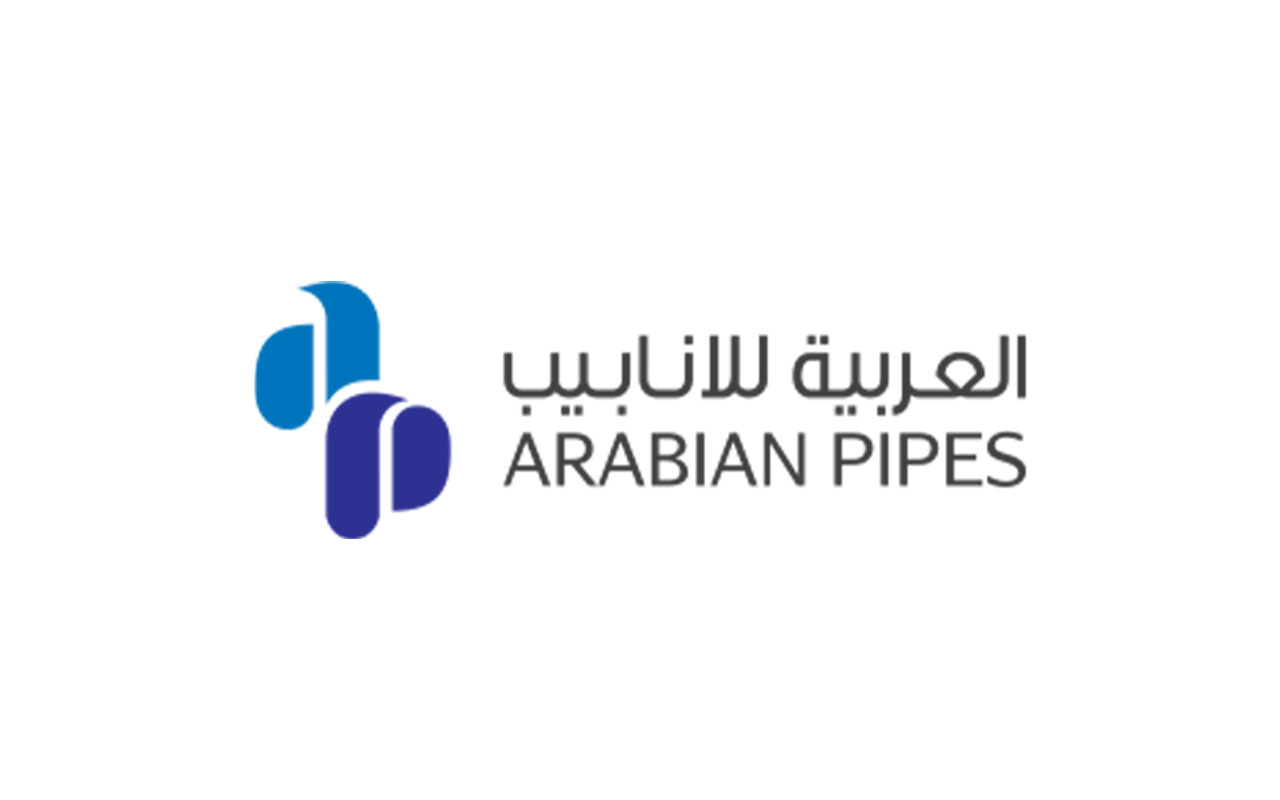Arabian Pipes Company
The Arabian Pipes Company is a Saudi joint-stock company listed on the Saudi Stock Exchange 'Saudi Tadawul,' specializing in the manufacture of steel pipes. It was established in 1991. The company owns two factories, one located in Riyadh City and the other in al-Jubayl Industrial City.
The company was listed on 'Saudi Tadawul' on December 21, 1992, and its shares are traded on the main market under the basic materials sector with the name (APC), symbol (2200), and ISIN (SA0007879378). It has a capital of SAR100 million.
Activity of the Arabian Pipes Company
The company manufactures and markets longitudinally welded steel pipes for oil and gas, commercial, and construction purposes. The production capacity of the company's factory in Riyadh City is 160,000 t annually, while the production capacity of the second factory in al-Jubayl Industrial City is three hundred thousand t annually.
The company also owns a line for threading well casing pipes (CASINGS), another line for coating pipes to protect them from corrosion, and a line for slitting steel coils.
The company holds the highest quality certifications, including the American Petroleum Institute (API) certification, ISO 9001 quality certification, ISO 14001 environmental certification, OHSAS 18001 occupational health and safety certification, and ILAC certification from the International Laboratory Accreditation Cooperation. Additionally, it is accredited by most oil and gas companies in the region and exports its products to the Gulf countries, the Middle East, and North Africa.
Arabian Pipes Company products
The Arabian Pipes Company produces longitudinally welded steel pipes with electric resistance welding (ERW) in various sizes and grades, adhering to high-quality specifications for steel pipes both locally and internationally. The company manufactures longitudinally welded steel pipes using electric resistance welding (ERW) from steel coils. These pipes are used in many fields, most notably in the oil and gas industry and its derivatives, both onshore and offshore, as well as in oil well drilling, chemical and petrochemical industries, refineries, internal pipelines, construction, agriculture, and water sectors.
The company also produces longitudinally welded steel pipes using submerged arc welding (SAW). It has a dedicated factory for producing SAW pipes in al-Jubayl Industrial City. In addition to its large production capacity of three hundred thousand t, this factory is the first of its kind in the Kingdom and the region to manufacture pipes from steel plates using the UOE method. This method ensures the straightness and roundness of the pipes and their conformity to specifications while maintaining the mechanical and chemical properties of the product. The factory meets the needs of both local and international companies for high-quality oil and gas pipes.
External coating is carried out in the Second Industrial City in Riyadh for pipes with diameters ranging from six to forty-eight in. The coating process involves the use of Fusion Bonded Epoxy (FBE) and Polyethylene (LPE) 2/3 Layer Polypropylene (LPP). These coated pipes are exported to both local and international clients.
Threading is the process of preparing pipes designated for lining oil, gas, and water wells. The ends of the pipe are threaded according to the specifications of the American Petroleum Institute (API) and the requirements of oil and gas companies or drilling companies. After threading, connectors are attached to one end of the pipe, making it ready for use in wells. The threading and coupling line aligns with the company's expansions and strategy to meet the needs of the oil sector for pipes and their accessories. The factory is located in the Second Industrial City in Riyadh.
Slitting: The slitting line boasts advanced capabilities in terms of coil width (up to 1,670 mm) and thicknesses that can be slit (up to 15.5 mm), making it the only line with these capabilities in the Kingdom and the region. The slitting line, located in the Second Industrial City in Riyadh, supports the company's pipe manufacturing plants by providing raw materials that precisely match the required dimensions for production. This process minimizes material waste, enhancing production speed and efficiency. Additionally, it meets all the needs of local and regional factories.
